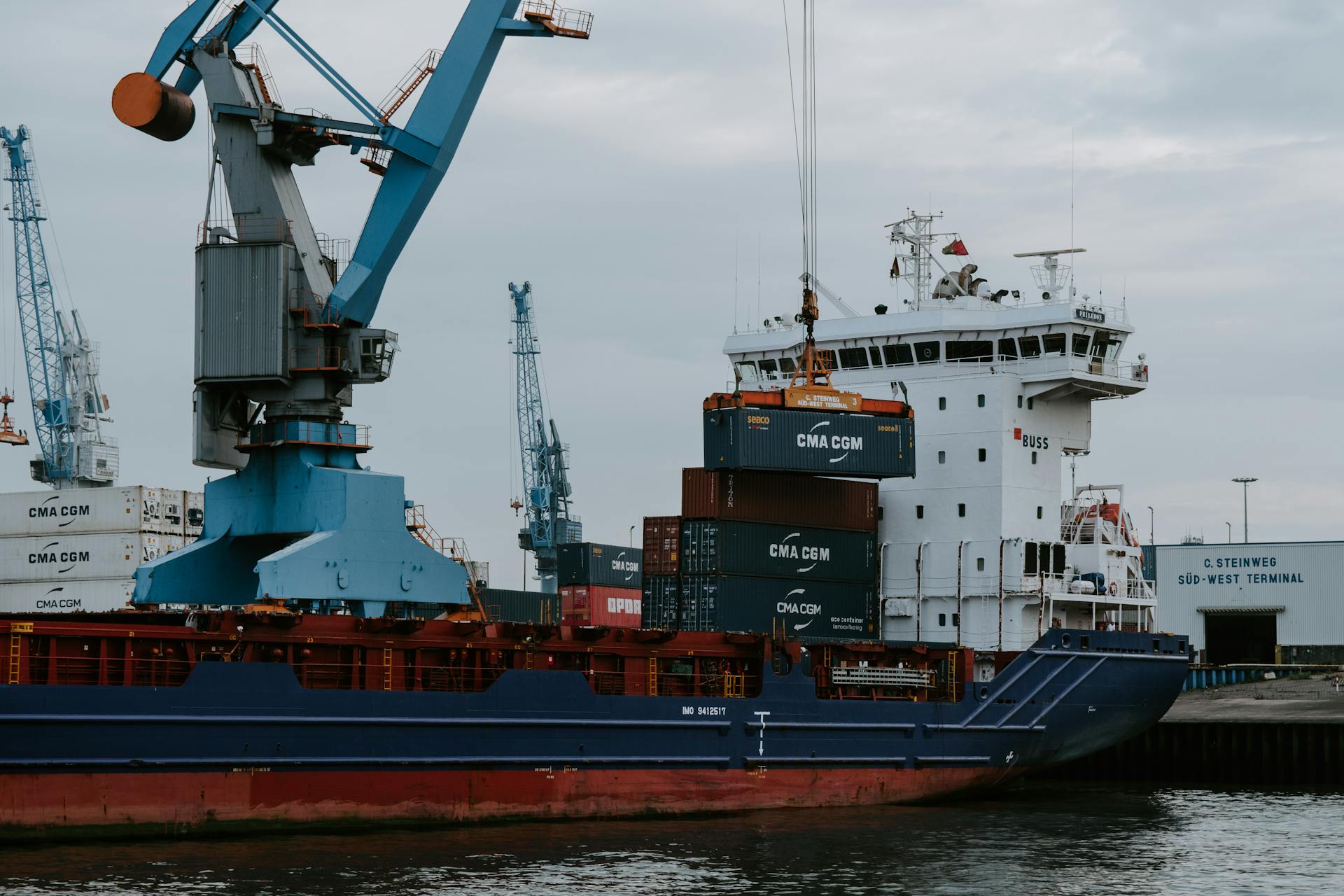Admiralty Law: Navigating the Legal Seas
Welcome, aspiring legal scholars and curious minds! Today, we embark on a fascinating journey into the world of Admiralty Law, a specialized branch of law that governs nautical issues and private maritime disputes. This area, often perceived as arcane and esoteric, is actually a vibrant and crucial component of international law, playing a significant role in global trade and commerce.
1. What is Admiralty Law?
Admiralty Law, also known as Maritime Law, is the body of law that governs nautical issues and private maritime disputes. This field covers a broad range of matters, including shipping, navigation, waters, commerce, and the land-sea interface. Originating from a time when shipping was one of the most important methods of international trade, Admiralty Law has evolved to address modern challenges and technological advancements in maritime activities.
2. Historical Context
To appreciate Admiralty Law, one must delve into its rich history. It traces back to the ancient Mediterranean civilizations, where sea trade was crucial. The earliest known maritime code is the Lex Rhodia, believed to have been implemented in Rhodes around 800 BC. In medieval Europe, maritime trade was governed by a mix of local customs and practices, eventually codified in documents like the Rolls of Oléron and the Hanseatic League’s laws.
In England, Admiralty Law was administered separately from common law, leading to a unique legal tradition that influenced the development of maritime law in the United States and other former British colonies.
3. Jurisdiction and Scope
Admiralty Law operates under a distinct jurisdiction from other areas of law. In the United States, for instance, federal courts have jurisdiction over admiralty cases under Article III, Section 2 of the U.S. Constitution. This special jurisdiction means that admiralty cases are often handled differently from ordinary civil cases, particularly in procedural aspects.
The scope of Admiralty Law is vast, covering matters such as maritime contracts, liens, and injuries to passengers or crew. It also addresses maritime torts, including collisions, environmental damage, and piracy.
4. Key Concepts in Admiralty Law
Several key concepts underpin Admiralty Law. Let’s explore a few:
- Maritime Lien: A unique form of security interest for maritime claims, such as repairs or supplies to a ship.
- Salvage and Treasure Salvage: This involves the recovery of vessels and cargoes lost at sea and the legal framework governing rewards for salvors.
- Ship Mortgages: As in land-based law, ships can be mortgaged, but the enforcement and prioritization of these mortgages have specific rules under Admiralty Law.
- Maritime Contracts: These include charter parties, carriage of goods, and maritime insurance contracts.
5. The Law of the Sea
Admiralty Law intersects with the international Law of the Sea, a body of public international law governing relationships and conduct at sea. The United Nations Convention on the Law of the Sea (UNCLOS), often referred to as the “Constitution for the Oceans,” is a pivotal international agreement that outlines nations’ rights and responsibilities in maritime environments.
6. Environmental Considerations
In recent years, Admiralty Law has increasingly addressed environmental concerns. Issues like oil spills, marine pollution, and the protection of marine ecosystems have become paramount, necessitating legal frameworks to prevent and mitigate environmental damage.
7. Piracy and Security
Piracy, once thought of as a relic of the past, remains a significant legal challenge. Modern piracy, along with other maritime security issues like unlawful boarding and terrorism at sea, requires robust legal responses and international cooperation.
8. Technology and Admiralty Law
Technological advancements, such as autonomous ships and advanced navigation systems, are reshaping Admiralty Law. The legal community must continuously adapt to ensure that maritime law remains relevant and effective in governing these new technologies.
9. Admiralty Law in Practice
Practitioners of Admiralty Law include specialized lawyers, judges, and arbitrators. They must not only understand the legal principles but also possess a working knowledge of maritime operations and international trade.
10. The Future of Admiralty Law
As global trade continues to expand and new maritime challenges emerge, Admiralty Law will evolve. This evolution will likely involve increased international collaboration, adaptation to technological changes, and a greater emphasis on environmental stewardship.
Larry’s Look:
Admiralty Law is a dynamic and intriguing field, integral to the smooth operation of global maritime activities and the protection of our oceans. As we navigate the legal seas, let’s remember that Admiralty Law, much like the oceans it governs, is vast, complex, and endlessly fascinating. For those drawn to its shores, it offers a rewarding and impactful career, rich with history and significance in our interconnected world.
In closing, whether you’re a student, practitioner, or simply a maritime enthusiast, I encourage you to dive deeper into this captivating area of law. The study of Admiralty Law is not just about understanding legal principles; it’s about appreciating the intricate relationship between human endeavors and the majestic expanse of our world’s oceans. Sail forth and explore!

